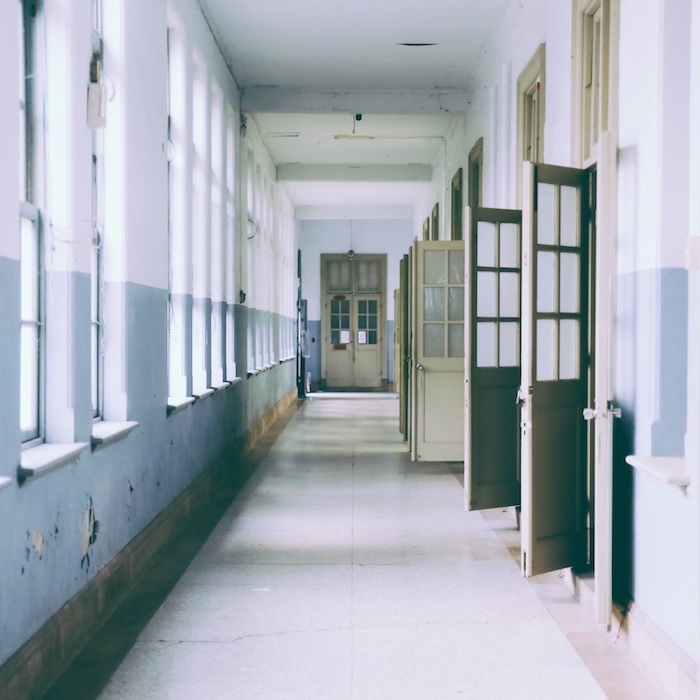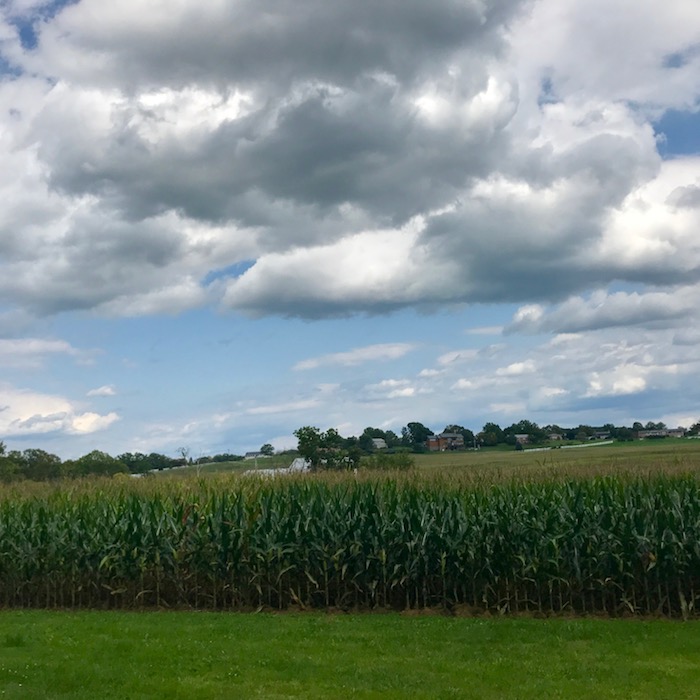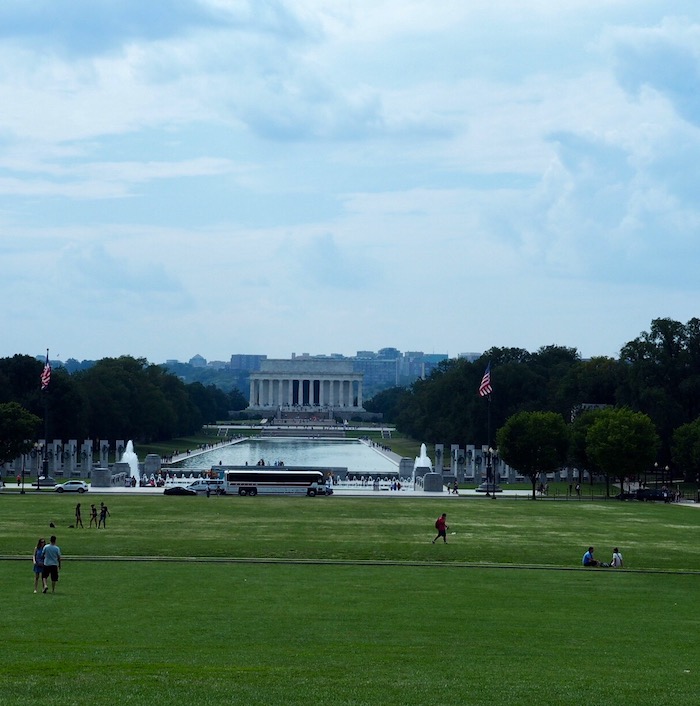The Play
A few weeks ago, I had the fortune of seeing Hamilton on Broadway. Much has been written about the show’s brilliance – the music, the story, the visuals. All of these things are true. As a former history major, though, I found the historical aspect of it most interesting.
The play begins in 1776 as America begins its revolution against the British. From there, it tackles the questions of who had a right to “life, liberty, and the pursuit of happiness” and who exactly “We, the People” was (along with questions about the structure of the federal government). It also looks at Hamilton’s own personal history. He rises as an immigrant “from the bottom.” He becomes Washington’s right hand man. He writes the Federalist Papers and becomes Secretary of the Treasury. And he has a fall from grace as he becomes embroiled in an extramarital affair and his ideas about the federal government become unpopular.
History during My Travels
This close examination of Hamilton and early America made think of something I heard often on my trip: that people, schools, and our country broadly need to reckon with the “good, the bad, and the ugly” of American history. I was honestly surprised to hear people say this. I assumed that most people – especially of an older generation – would want us to emphasize what makes America the “greatest country on earth.” And there was some of that: people mentioned the unique nature of the Constitution, the American melting pot (our ability to integrate immigrants; of course, the melting pot can also have a negative connotation for forced assimilation), and America’s leadership in the world (particularly during World War II).
But many people of all ages and backgrounds said that as important as these accomplishments are, the negative parts of our history are equally important. To understand modern America, and the work that remains to be done, we need to understand slavery and Jim Crow. To truly come to grips with our past, we can’t stop at slavery as our only sin. There’s the fact that we massacred hundred of thousands of indigenous people (and the ones who survived we forced onto limited lands). There’s also our long history of anti-immigrant sentiment that people felt we often didn’t discuss (because we like to think of ourselves as a melting pot of sorts).
The Brilliance of Hamilton
The challenge of looking at history can be that it’s really easy to just tell the good, or really easy to let all of the significant bad delegitimize any of the important good. But what I loved about Hamilton is that it didn’t fall into either of these traps.
Throughout the play, there were several references to the exclusive nature of “we, the people” at our founding. It talked about slavery and its betrayal of the founding American ideals. But it also highlighted – through the role of King George III – that America’s founding ideals did have some significance. It was the first time that an idea of “citizen” became relevant in the world. Before then, all people were subjects to monarchs. At the same time, the play highlighted the anti-immigrant sentiment and class resentment that made Hamilton’s success frustrating for the other founders. America and the men and women who created it weren’t monolithic. Some were good, some were bad. Most were products of their age.
And that’s the aspect of the play that excited me most. It looked at Hamilton as a whole, rounded character. The show treats him as overly ambitious and philandering. It also captures his brilliance and commitment to ideals. He believed an elite-driven democracy, like most people did during that time. But he also believe that government had a duty to all of its people. Hamilton, like all of our founders, wasn’t a perfect hero. He had some good, some bad, and some ugly parts of him, just like America then and now.
As people think about how the past influences the present, it’s worth thinking about the parts of American history we respect most and criticize most. Most people will have different answers. But this framework of “good, bad, and ugly” can be a productive one in conversations that are often uncomfortable.
P.S. For what it’s worth, here’s a “good, bad, ugly” for me of American history:
- The good: The defeat of Nazi’s and the Soviet Union (tyrannical countries that killed millions of their own citizens)
- The bad: Our treatment of other country’s sovereignties (Vietnam, South Korea, many Latin American countries during the Cold War)
- The ugly: Slavery, not just for the obvious moral reasons, but because America continued to practice (and even grow) the use of slaves long after many countries barred the practice (in other words, it’s not just that America was a “product of its time”; it went above and beyond in an already horrible, inhumane practice)
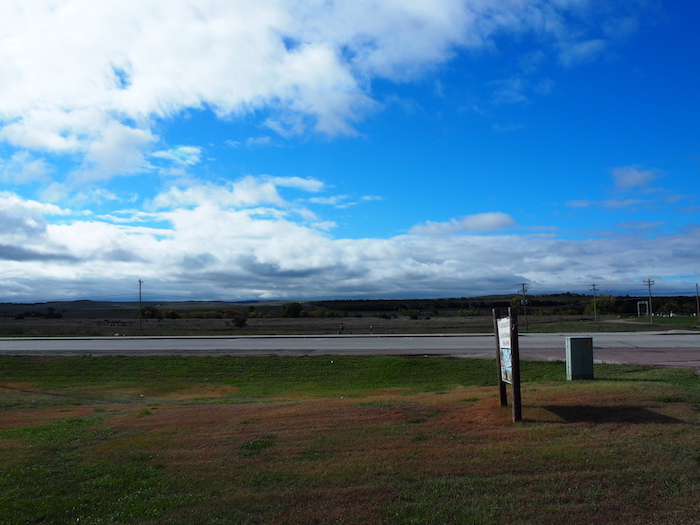
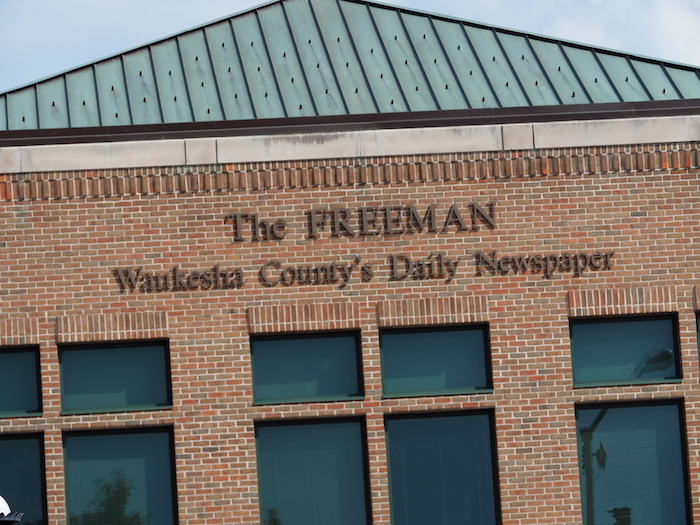
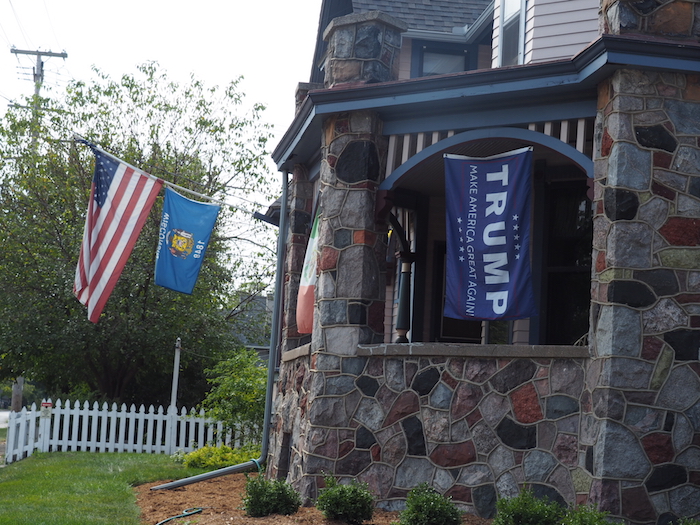
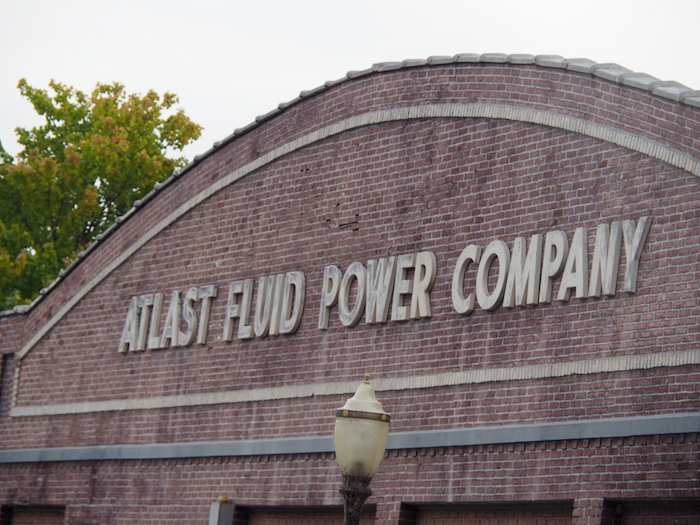
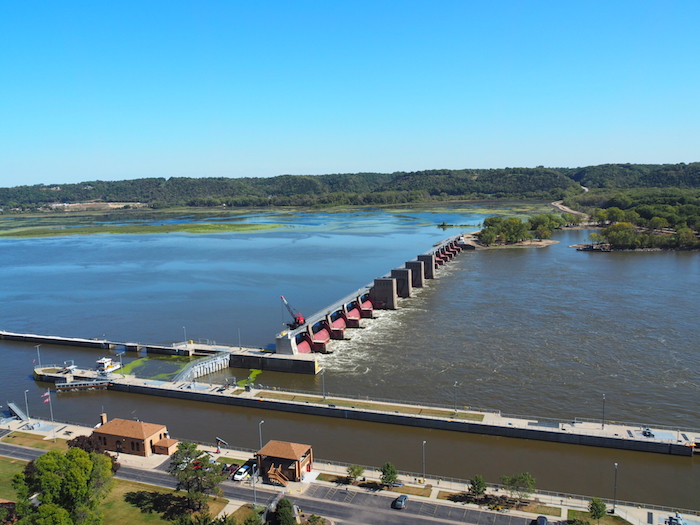
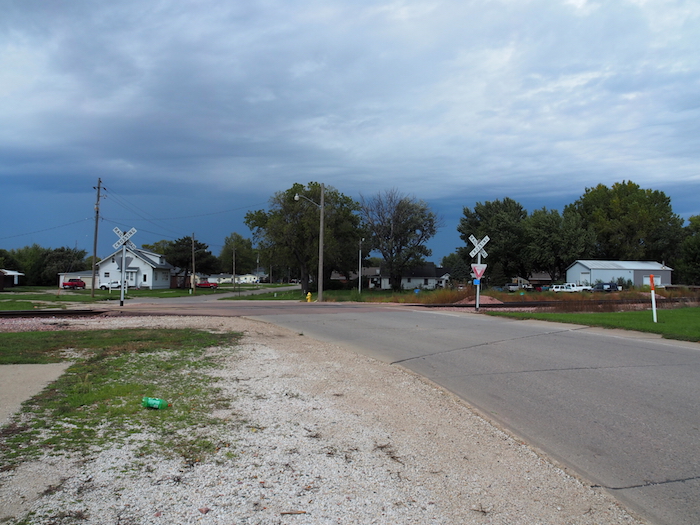
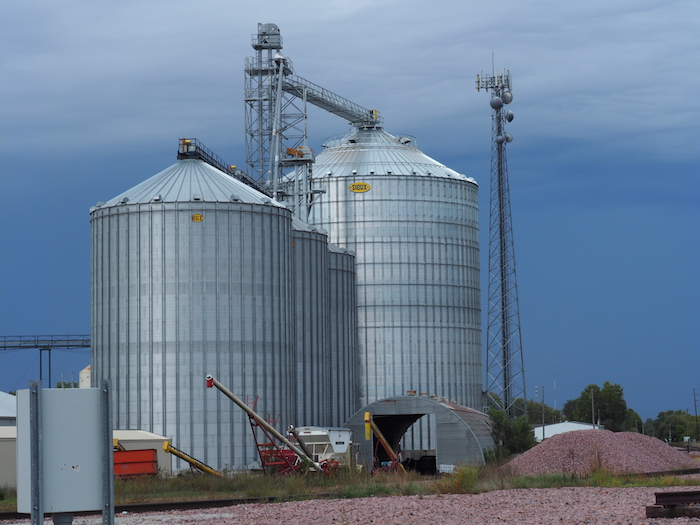
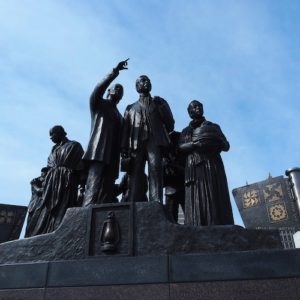 Contrastingly, many white, affluent people in the area live in the suburbs and work downtown. They don’t pay the property taxes the city has desperately needed and don’t necessarily have an investment in Detroit’s schools or community well-being. As Detroit’s schools
Contrastingly, many white, affluent people in the area live in the suburbs and work downtown. They don’t pay the property taxes the city has desperately needed and don’t necessarily have an investment in Detroit’s schools or community well-being. As Detroit’s schools 
